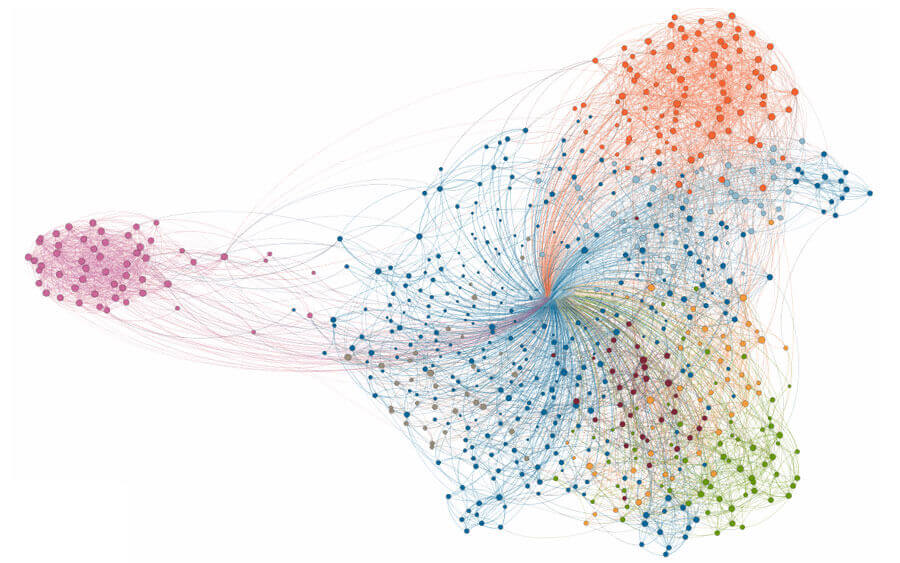
Today’s hotel planning and booking customer journey is becoming increasingly complex in this multi-device, multichannel and multi-touch point digital landscape. According to Google, the average consumer engages in 38,983 digital micro-moments in just under two months. That’s over 38,000 digital moments in a 60-day booking window. As consumers live their lives digitally connected, when they embark on the travel planning journey, which on average includes 19 different touchpoints before making a booking (Google research), each one of these touchpoints presents an opportunity for a hotel to build a brand connection, influence intent, and be there for every step of the journey.
In light of this complex digital landscape, hotel marketers should engage online travel consumers throughout their complex journey, and can no longer afford to have a fragmented customer engagement and acquisition approach.
One example of this highly fragmented approach is keeping past guest engagement efforts (CRM) in a silo from new customer acquisition and marketing efforts. Less than a third of hotel guests on any given night are repeat guests, while two-thirds are first-time guests. This means the reality that General Managers and DOSMs face every day is having to secure about 70% of occupancy on any given night with brand new guests they know very little about while trying to ensure they have a pleasant and meaningful stay. Furthermore, once the property has acquired this new guest, there is no guarantee they will stay again, resulting in a vicious cycle that affects the bottom line.
Here are some examples of today’s fragmented approach:
- Hotel website: The property “intimately” knows their guests: home address, credit card number, what they ate, and more. Yet, when these same guests visit the hotel website, they are treated like complete strangers.
- Data islands: Property customer data lives in multiple “data islands” that do not talk to each other: PMS, CRM, CRS, social media, web analytics, marketing data, BI, etc. In other words, past guest data (CRM Data) is not being utilized to engage and retain past guests, as well as target new guests and sharpen the focus of digital marketing campaigns to acquire new guests similar to past “best guests.




